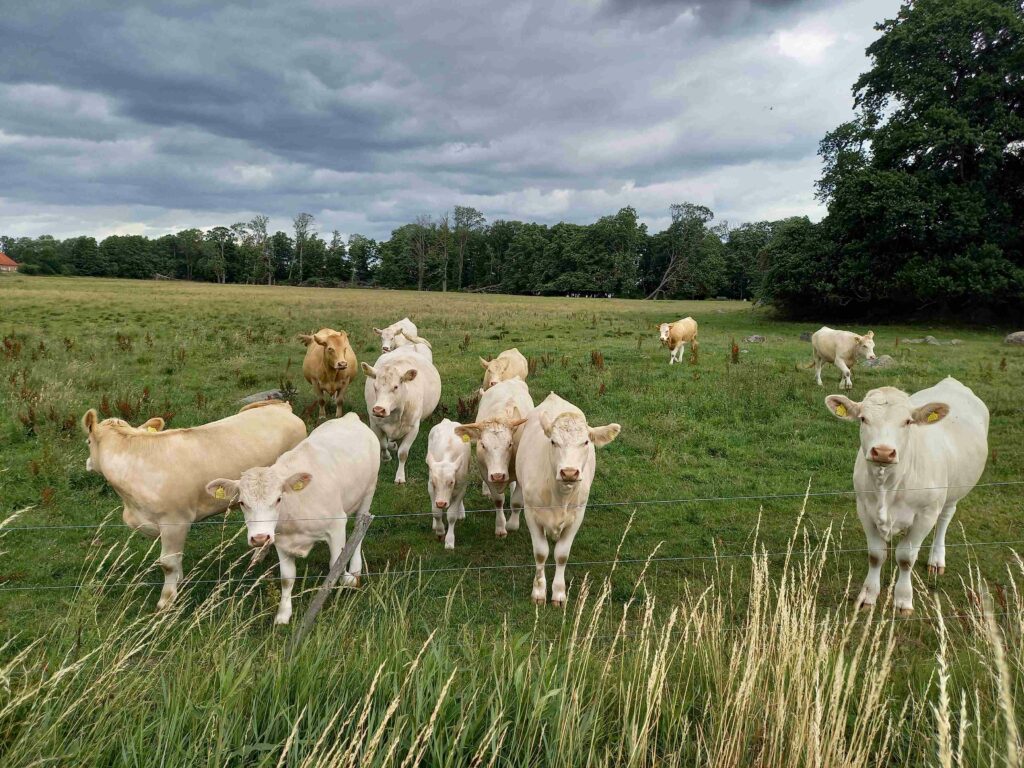The parliamentary Intergroup on the Welfare and Conservation of animals celebrated on Thursday its achievements during the current legislative term while candidates for the next term pledged to continue the work for better protection of all animals in EU legislation.
The intergroup brings together 94 MEPs from across all political groups, and provides a cross-party platform for discussions and initiatives on animal welfare in the European Parliament. For the past four decades, it has been a crucial catalyst for action but the balance sheet is mixed and it is not sure if an auditor would give it a clean bill.
If that is the case, it is not because the Intergroup did not do enough to revise EU outdated animal welfare legislation but because the European Commission, under pressure of lobbyists and vested agriculture interests in the Parliament, did not keep it promises for an comprehensive overhaul of all legislation.
The President of the Intergroup, MEP Tilly Metz (Greens/EFA, LU) expressed her disappointment at the Commission’s failure to put forward a full package of proposals. The Intergroup has continuously made animal welfare visible in the Parliament, through reports, working groups, resolutions and parliamentary questions. Some of the achievements of this term include the following, according to the Intergroup:
- The set-up of a Committee of Inquiry on the Protection of Animals during Transport (ANIT), which pushed for the revision of the outdated regulation on animal transport.
- The resolution on actions to accelerate a transition to non-animal science.
- The working group on the European Citizens’ Initiative (ECI) ‘End of the Cage Age’, which contributed to get a resolution in the Parliament and a subsequent Commission commitment.
- The adoption of a resolution on improving Regulations on wild and exotic animals to be kept as pets in the EU, through a positive list.
- The support for a campaign calling for an Commissioner on animal welfare.
- A working group on companion animals.
However, most of the above achievements did not reach the final line, especially as regards ending the caging of animals, limiting long distance sea transport of live animals, and appointing a dedicated Commissioner for animal welfare. The outdated slaughtering regulation was not even touched and cruel stunning methods are still allowed for economic reasons.
But there is hope that the shortcomings will be addressed by the next Parliament and Commission after the upcoming European Elections in June. Candidate MEPs can take a pledge stating a clear commitment to strive to improve animal welfare if they are elected, through the Vote for Animals campaign, run by Eurogroup for Animals and its members.
The number of MEPs in the European Parliament during the 2024 – 2029 legislative term will increase by 15 to 720. The number of hopeful candidates in all EU member states is much higher but not known. Until now (28 April), less than six weeks ahead of the elections, only 296 candidates have signed the pledge, composed of 10 asks or general commitments in different areas.
In for example Belgium, with 22 seats, only 7 candidates have signed up until now while in Sweden, with 21 seats, 24 candidates have signed the pledge.
In the overall pledge, the candidates commit to make the Commission work harder for animals. It reads as follows:
“I demand that the Commission delivers, without delay, legislation for animal welfare that is not watered down or compromised. I demand that this legislation is ambitious, humane and progressive. I want it to include a ban on cages and other cruel farming practices, as well as better protection for chickens reared for meat, and laying hens. Learn more.”
“Without civil society – the citizen initiatives, campaigns and other initiatives - we wouldn’t have been so strong,” summarized MEP Sirpa Pietikäinen, (EPP, FI) Honorary President of the Intergroup.
“We require species-specific legislation, for example for octopus, and other animals which are unprotected.”
MEP Niels Fuglsang (S&D, DK), Vice-President of the Intergroup drew attention to some of the main remaining issues. “As 300 million animals continue to suffer in cages, we need the European Commission to deliver on the End the Cage Age ECI. We need to push for a roadmap for a transition to non-animal science, and a ban on the transport of vulnerable animals.”
M. Apelblat
The Brussels Times

